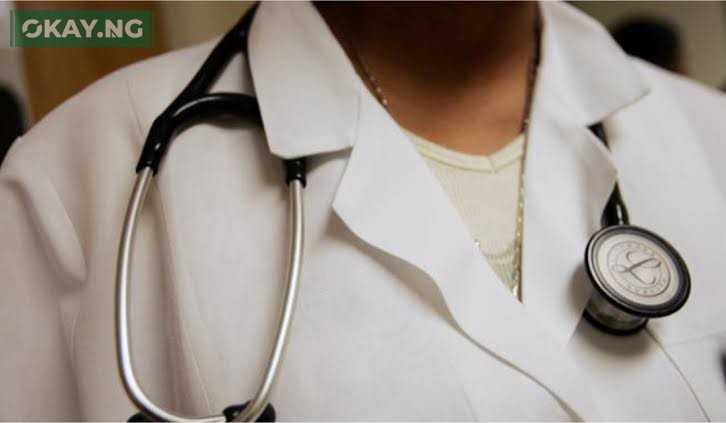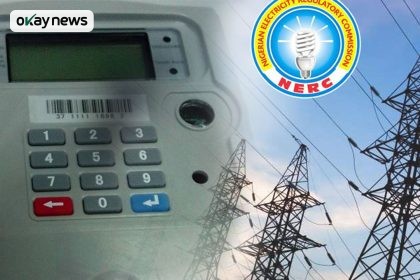Despite receiving $3.53bn (N5.4tn) in health-related loans from the World Bank over the past nine years, Nigeria’s healthcare system remains plagued by decaying infrastructure, poor remuneration for workers, and inadequate service delivery, medical experts have lamented.
A review of the World Bank’s project records shows that between 2016 and 2025, at least 11 major health projects secured loans totalling $3.527bn, plus $111.29m in grants, bringing the total health-focused funding to $3.64bn. The financing was routed through key federal agencies such as the Ministry of Health, Nigeria Centre for Disease Control, National Primary Health Care Development Agency, and the Ministry of Finance.
However, medical stakeholders say the reality on the ground does not reflect the scale of investment. The President of the Nigerian Association of Resident Doctors, Dr Tope Osundara, described the health infrastructure as “poor” and highlighted basic operational failures.
“You are also aware that at some point, power supply is a major problem. I am going to cite an example of what happened in UCH in recent times: there was no light. So, really, when you now look at the amount the World Bank is pumping into our healthcare system in Nigeria, you will discover that there is nothing really to show for it except that we now have more creation of health facilities, more creation of federal medical centres,” he said.
Osundara criticised the poor remuneration of healthcare workers, the absence of welfare support, and the lack of accessible loans for mortgages or cars. “When you now begin to look at the amount of money the World Bank has loaned Nigeria, it appears like maybe there is a form of diversion away from what the money is actually meant for. Because if this money is actually there, we should see a whole lot of improvement. You go to the hospital sometimes, there is no drug, and no light,” he added.
The Medical and Dental Consultants’ Association of Nigeria echoed similar concerns. Its president, Prof Muhammad Muhammad, said while some infrastructure improvements are evident, human resource development remains inadequate. He urged the government to involve frontline workers in determining where funds should be channelled.
Omomo Tibiebi, Public Relations Officer of the National Association of Nigerian Nurses and Midwives (Federal Health Institutions), said the country still records one of the worst health outcomes globally, with a life expectancy of 54 years, maternal mortality above 1,000 per 100,000 live births, and under-five mortality at 114 per 1,000.
okay.ng reports that the World Bank is set to approve another $250m health-related loan in September 2025, which would bring total health sector loans and grants to $3.89bn. But as of July 31, 2024, only 16% of earlier approved loans ($775m out of $4.95bn) had been disbursed, raising doubts over project implementation speed.
Experts warn that unless transparency, speed, and accountability improve, billions in concessional loans will keep adding to Nigeria’s $18.23bn World Bank debt without yielding significant healthcare transformation.







